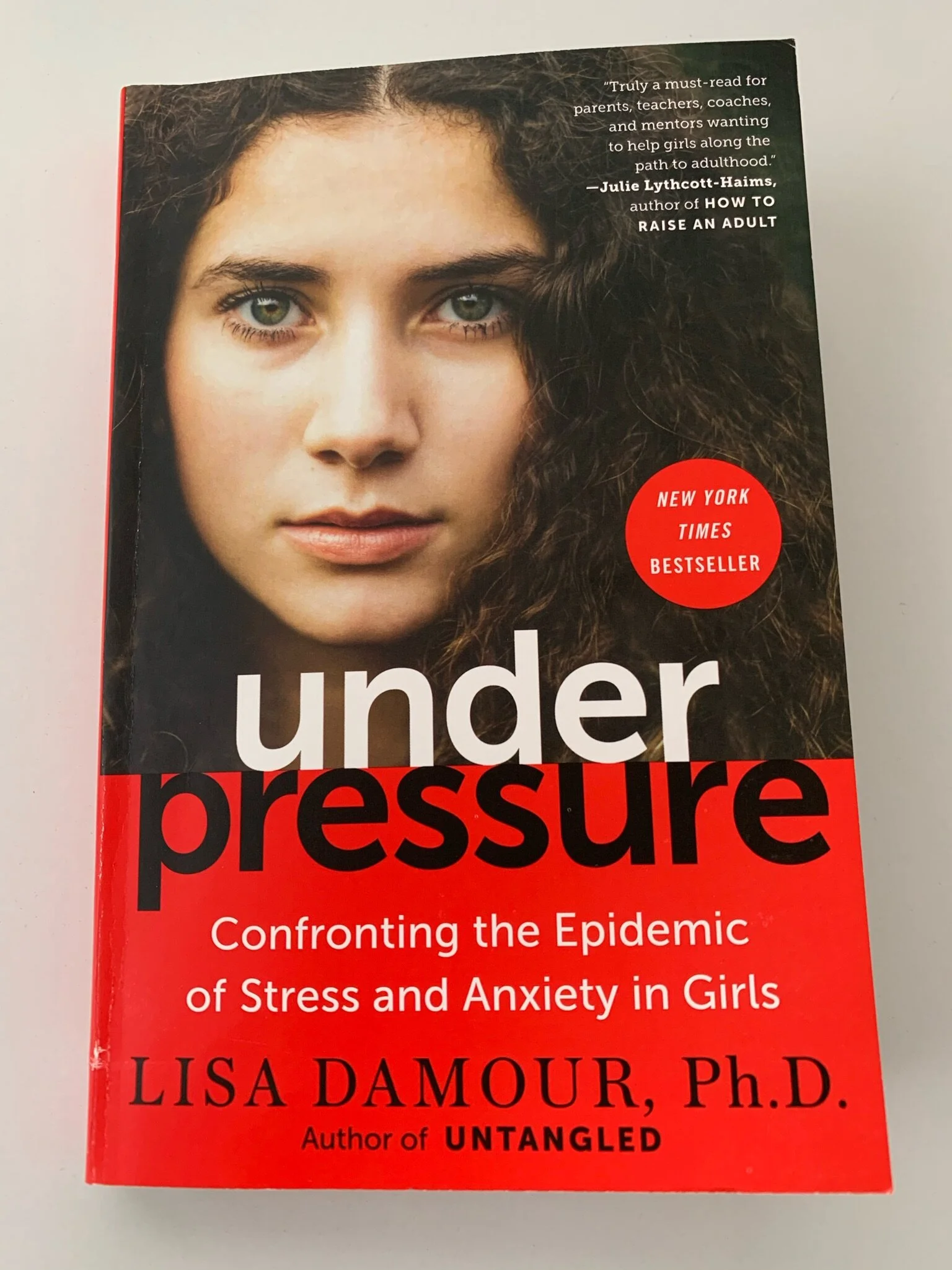Emotion Regulation
Is your child having huge meltdowns that you think they should have outgrown? Are you finding you are out of ideas and strategies to help?
When we feel threatened, our body and brain are designed to take action. This is commonly known as the “Fight or Flight” response. The regions of the brain that are responsible for our emotional and survival states take over to keep us safe from threats. However, the executive state is less important in times of threats. We are designed to take action to be safe first. Once we feel safe, the executive functioning region of our brain is able to work to the best of its ability again.
Some children have a harder time managing their emotional reaction than others. There are a lot of factors that may be influencing this, one being a child’s temperament. Another influence is situational stress. They may respond to a seemingly small events as though it is a physical threat and their fight or flight response is activated. You may be using a wonderful parenting strategy, but they are simply too upset to be able to process your approach.
When you first see emotional escalation and dysregulation in your child, support them in feeling calm and safe before you ask them to process with you. You can try helping them to engage in deep breaths, remove them from the situation and find a quiet place, offer them affection. Some children become so emotionally dysregulated that your efforts make them feel more threatened. Give them safe space and wait it out. As they de-escalate, offer your support to further their sense of calm and safety. When calm, this is your best opportunity to use your parenting strategies and they will be much more effective.
Finding this isn’t working? Your child might need a bit more support from someone outside the family. Therapists specializing in infant and early childhood mental health can support you and your child in achieving overall better emotion regulation.



